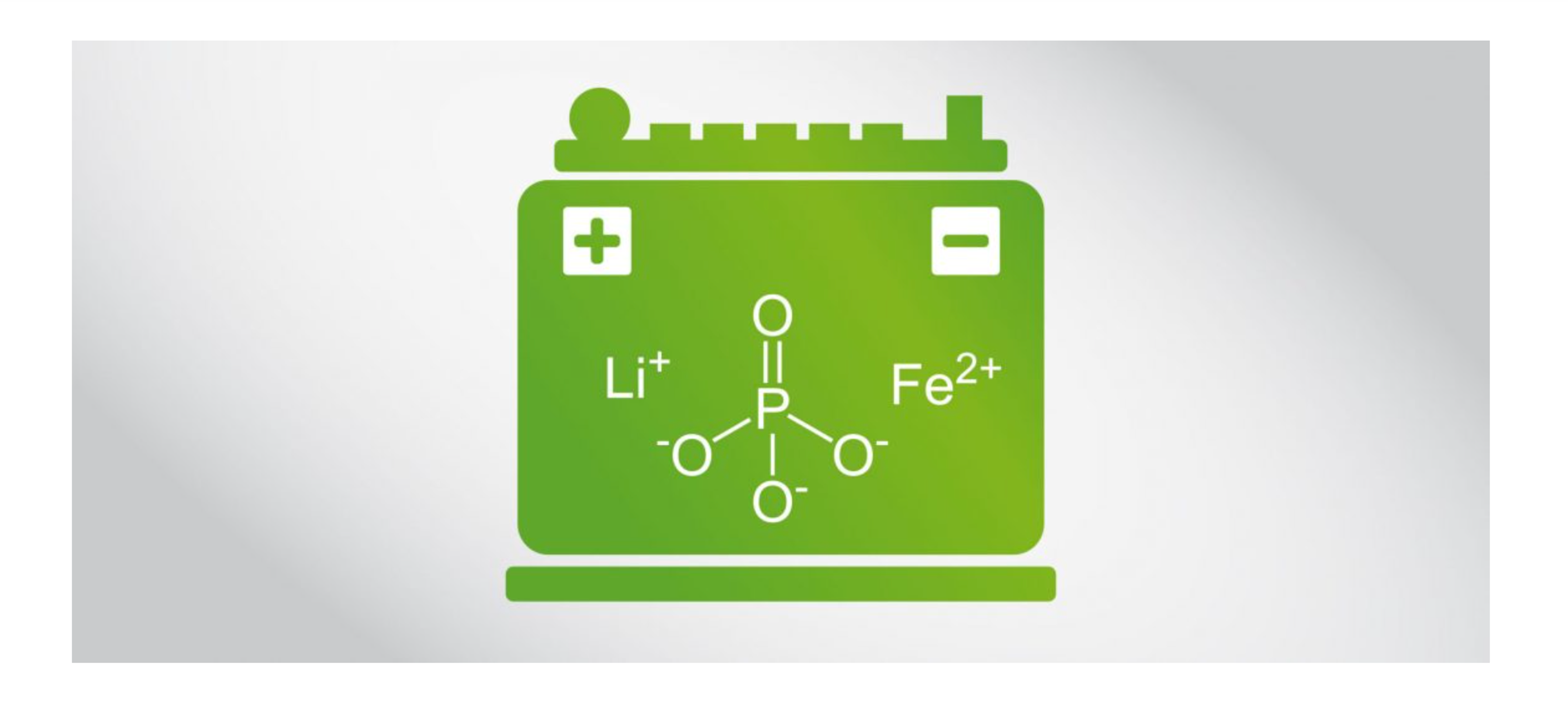Following the launch last summer, our in-house battery lab, led by Dr. Rameez Razaq, has been operating continuously— to test and demonstrate the real performance of our unique, green conductive powders.
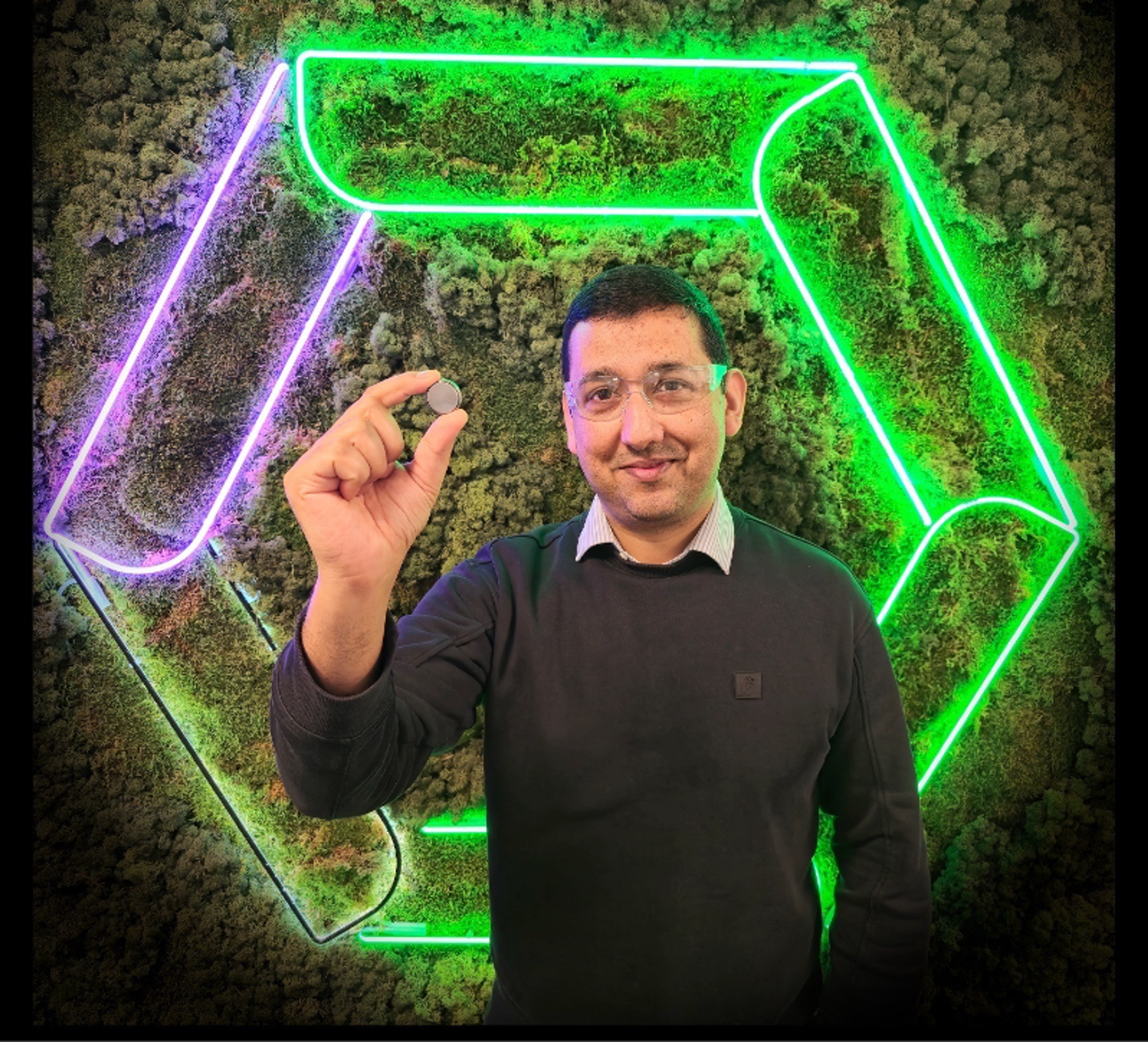
The first six months were focused on Lithium-Sulfur (Li–S) cells, where we achieved high capacity retention and stable cyclic performance (click here). Our focus has now expanded to include the fastest-growing chemistry in the market: Lithium Iron Phosphate (LFP). We are already seeing promising results.
LFP-Testing
Our initial half-cell tests began with a 5% loading of BCS powder as conductive additive in the LFP cathode.
CNT mixed with the active material LFP:
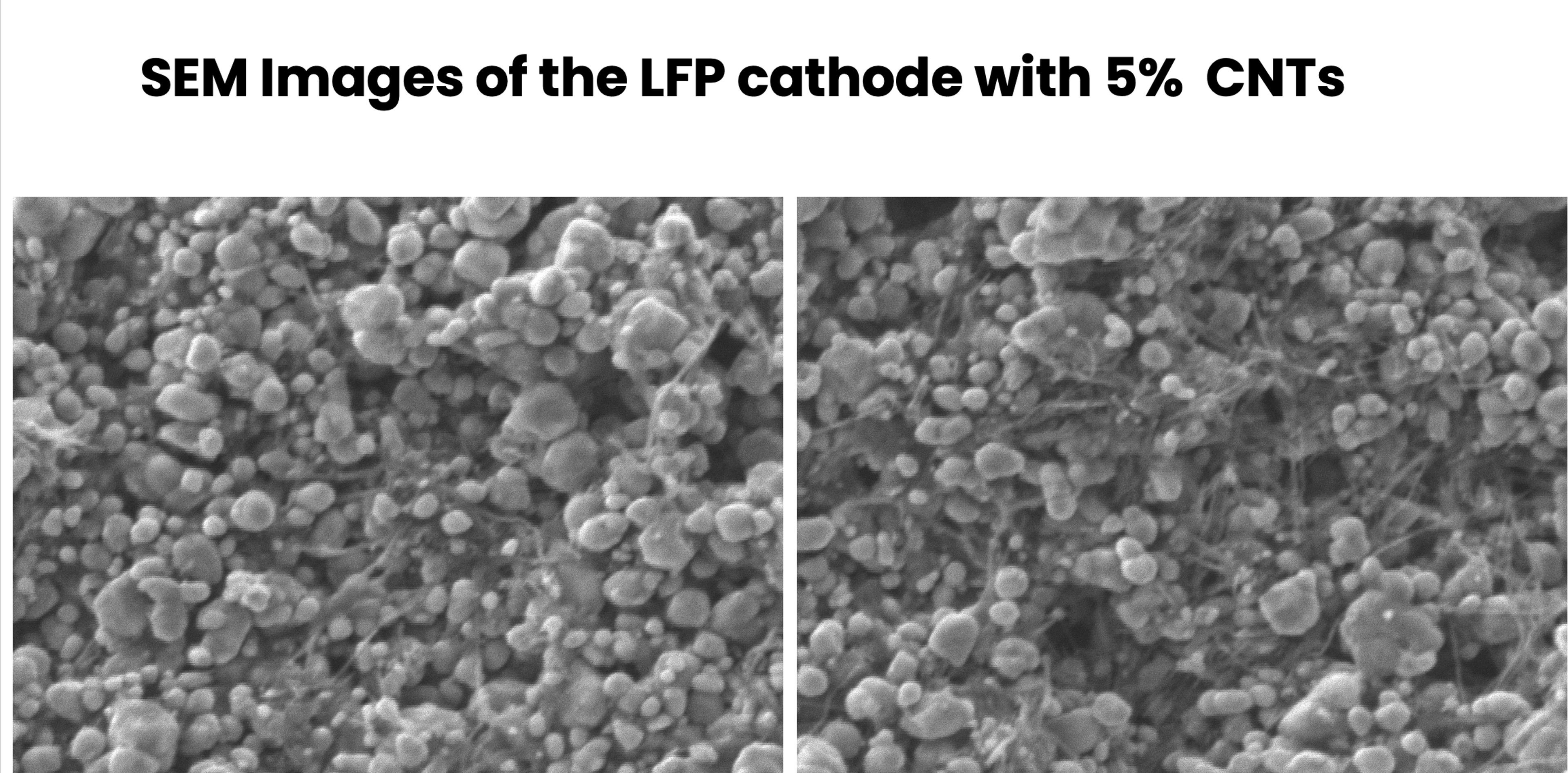
On this SEM image you can clearly see the tubes inbetween the active LFP particles.
What sets our powders apart
Our powders produced from CO2 are fundamentally different from other conductive materials currently available in the market. That’s why it’s essential for us to demonstrate proven performance inside the batteries, not just copying the spesification from the established fossil industry.
Not only do our powders eliminate the need for fossil-based conductive additives—they also represent a new and unique blend of nanostructured carbons with outstanding electrochemical behavior.
Half cell performance
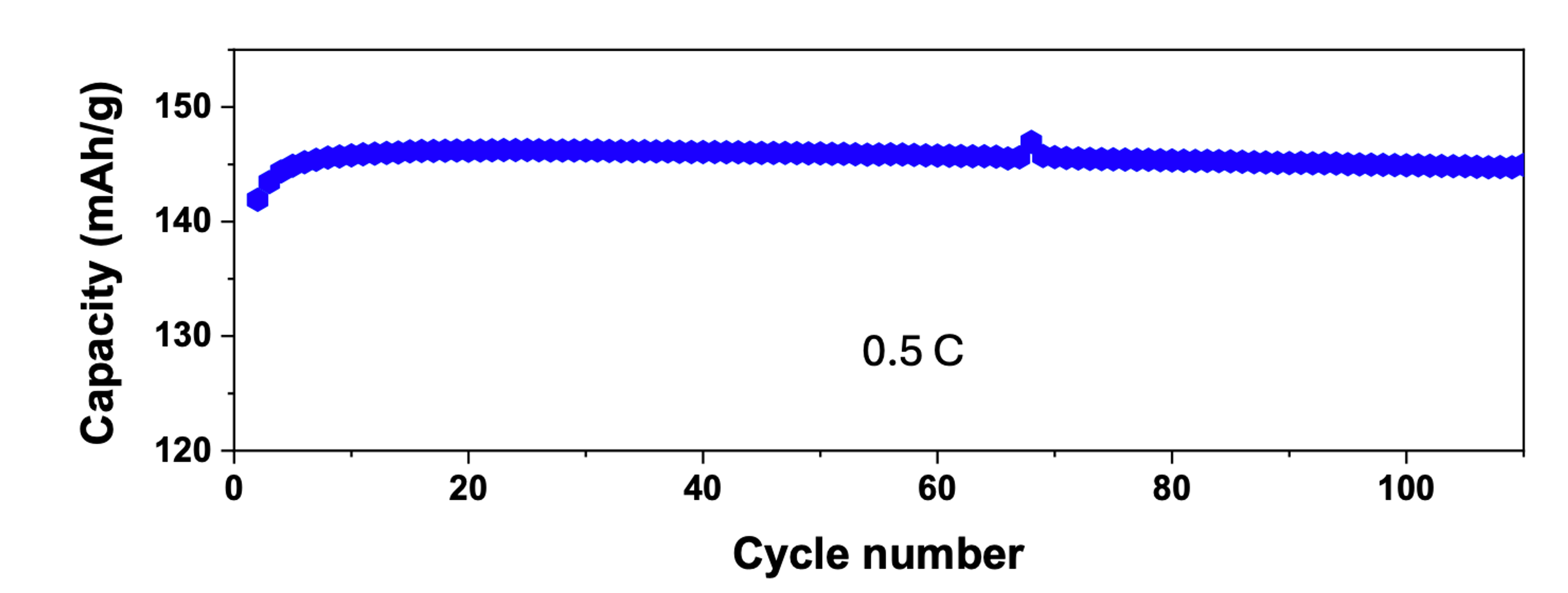
Initial Results
- Nearly 145 mAh/g in half-cell performance
- Over 120 stable cycles
- Outstanding fast-charging capability
In fact, cells incorporating BCS powders still works all the way up to 8C, where most materials would degrade or fail in half cell evaluations
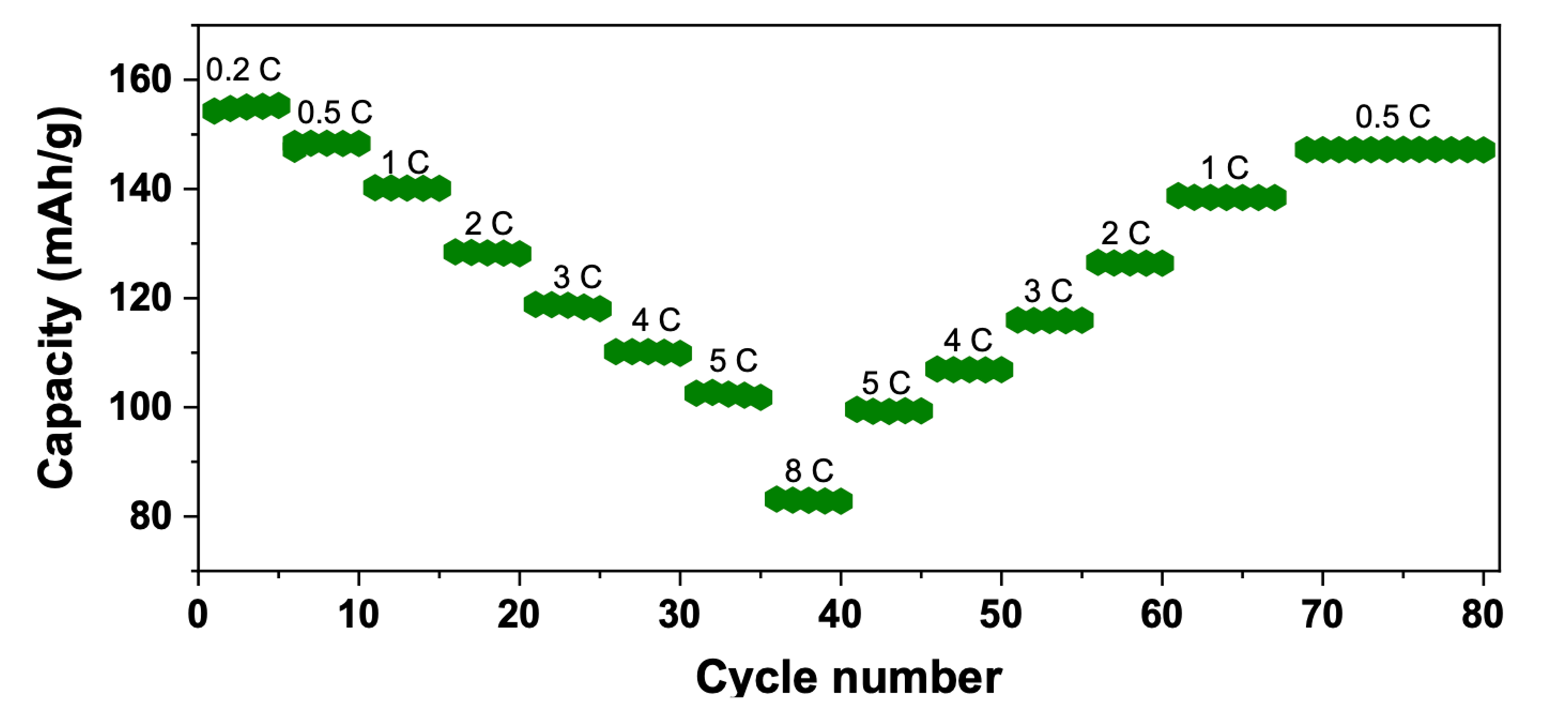
Follow us as we advance — more data is on the way, and if you’re curious about our battery materials and approach, we’d love to hear from you.
Contact:
Rameez Razaq
Battery Researcher
Email: ramraz@bergencarbonsolutions.com
Phone: +47 922 03 756
Disclaimer
All the test results mentioned above were conducted in our laboratory and have not yet been verified by a third-party. The experiments reflect our best practices at the time of testing and should be considered part of our ongoing technology development efforts.
